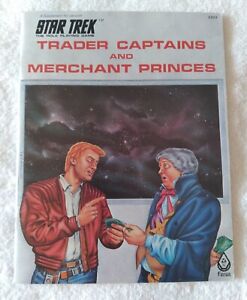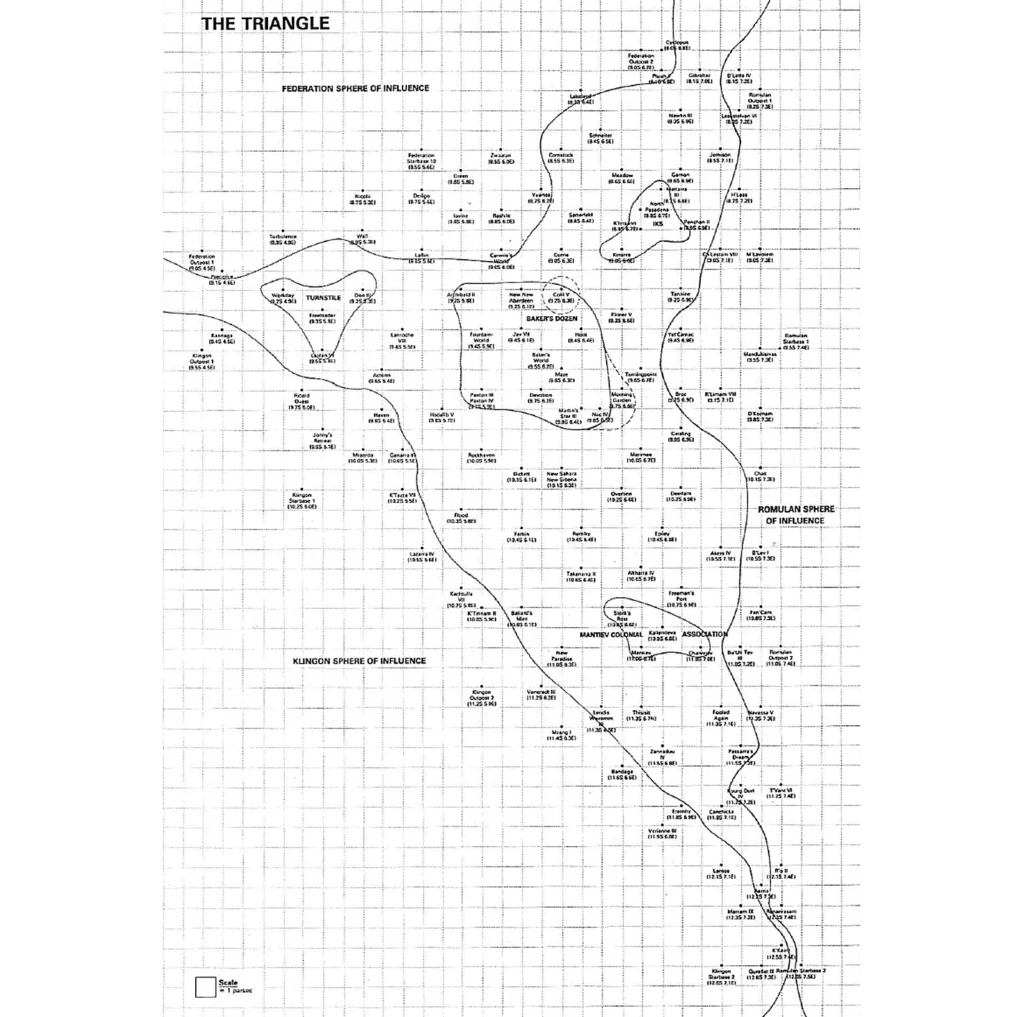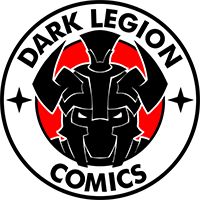80s Table Top – FASA Trader Captains and Merchant Princes

“Personal Log: Stirling Van Ruiter, Captain of the Jackpot.
Do the right thing and you’ll always be punished for it. I was more loyal to Fleet Captain Garth than I should have been. When he went completely over the edge, I was the one who finally led the mutiny. Starfleet rewarded me by officially drumming me out. Oh, unofficially I still have my commission but now it’s in Starfleet Intelligence.
”A cashiered officer is ideal for the cover identity we are developing,” my controller Sovuk informed me. “You can take your chances with the court martial of course, but Garth is a living legend and Starfleet wants to blame someone for his fall. It’s not logical but it is true.”
So now, I’m merchant skipper deep in the Triangle, and I have to decide if Captain Krenn of the IKS will deal fair or try to steal my ship.”
Yeah, I know the writing is terrible but it was one of my very early efforts at creating a background story back in the 1980s. Back when we were playing FASA’s Star Trek RPG.
FASA’s Star Trek world wasn’t Roddenberry’s, it was Gene L. Coon’s. It was a deep dive into the lore he created. Granted there were some unavoidable Roddenberry touches.
It was a more extensive and well-thought-out canon than the drool that poured out Roddenberry’s coked-up brain when Paramount absented-mindedly let him have a TV show after he drove the budget on STMP to near studio-breaking levels. But Eisner was at Disney by then so there was no one at Paramount with the brains to say, no.
In the original series, there were two rouges that were fan favorites. Harry Mudd and Cyrano Jones. Neither were viewed as serious bad guys but they had chosen to live outside the perfection of the United Federation of Planets. That automatically put them in the wrong so far as utopian socialists are concerned.
However, that was what made them interesting, especially after I read Poul Anderson’s Nicholas Van Rijn stories. The obscenely wealthy magnate who owned entire planets, was only interested in profit and would boost through Hell’s closed gates to get it. Yet, he always managed to do good along the way, even if he didn’t really mean to. That was just good customer relations.
The Triangle was a great little setting. In a corner of space where the Federation, the Klingon Empire and the Romulan Empire don’t quite meet is the Triangle. A part of the galaxy, where for various diplomatic contrivances, none of the Big Three claim dominion. It’s mutually useful for all three to leave it as such. As they used to say, ‘if the Triangle didn’t exist, they would have to create it.’ Which is a quote Bujold used in one of her books.
This was not a make-it-up-as-you-go-along thing. The GMs were provided very extensive background information that you pretty much did need a 286 pc to keep track of. Unlike a Starship Captain, a Trader Captain had a payroll to meet. Plus, maintenance costs, plus repairs from battle damage, plus upgraded weapons, plus docking fees, plus bribery. My first experience working for a multinational.
Sure, you got into this with the purest of intentions but when you are staring at the end-of-the-month deadline, the Jolly Roger beckons. Piracy was no guarantee either. My asshole GM had indicated to me that a certain ship had a cargo of dilithium crystals. The cargo was Orion slave girls. It was their own clan that sold them off, so no reward there. Selling them would get me in trouble with the Federation, they were offended by the notion of emancipation. I finally put them to work on my ship which immediately solved a major morale problem my crew was having. And while you don’t have to pay slaves, you do have to feed them. And buy them clothing, jewelry, and cosmetics if your GM is an asshole.
The background material that FASA provided was genuinely extensive. You had local coalitions you had to deal with like the (Heinleinesque) Baker’s Dozen, or the Imperial Klingon States. The Klingons you could deal with easier than you think, these were the John M Ford version of the Klingons from The Final Reflection. The sillyass Viking Klingons weren’t around yet.
There was a grid that gave you travel times between planets which became very worrying toward the end of the pay cycle.

Eventually, Captain Stirling Van Ruiter built up a fleet of ships and became a merchant prince, theoretically still a Starfleet officer but clearly had lost his old identity.
From the box.
The Triangle… A hotbed of deceit, destruction, and death. Over the next year State secrets will be bought and sold, Wars waged, Revolutions launched, Planetary governments will topple, Millions will die, And billions of credits profit will be made. The Triangle Campaign contains four background plots of enormous proportions that could reshape the galaxy. Details for all the plots unfold over a one-year period. “Merchant of Death” deals with the unhealthy actions of a Romulan weapons dealer. In “A Dose of Revenge,” Thought Admiral Krador not only plots the overthrow of the Klingon throne, but the conquest of known space. “A Family Affair” involves an Orion pirate with visions of grandeur and the cunning to realize them. Planets and populations are only pluses and minuses on the ledger sheet of BioResearch in “The Corporate Grasp.” Overall, it’s just another typical year in The Triangle.
In 1989, FASA suddenly got its license pulled by Paramount. Roddenberry didn’t like anyone playing in his sandbox. My gaming group was furious, we kept at it for a while but it was clear there would be no new material and besides the 80s were coming to an end, it was time to get on with our lives.
As for FASA, normally a gaming company would fold if they lost their primary IP. However, they had another property they wholly owned called Battletech. It made the company kind of a hot property.

